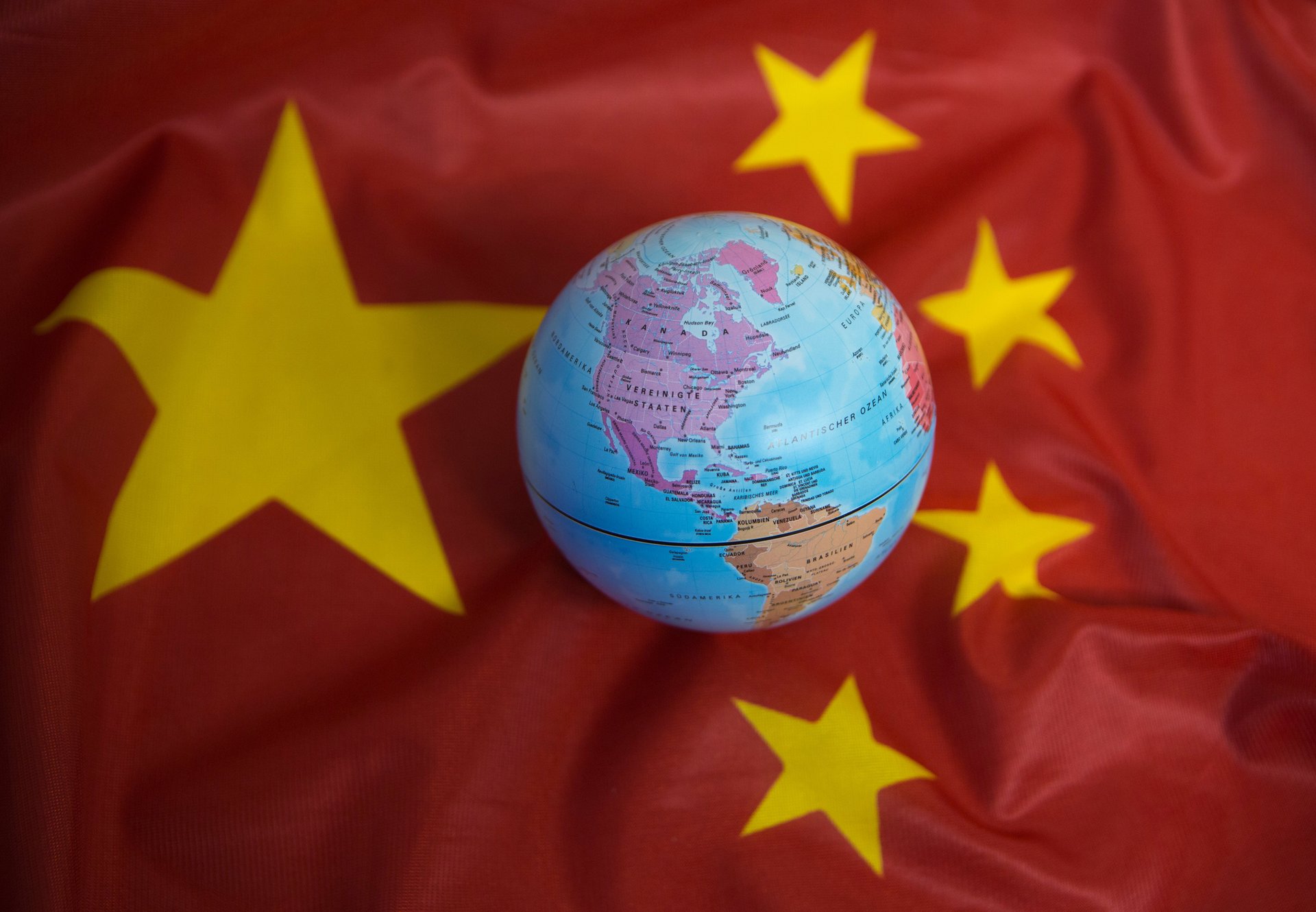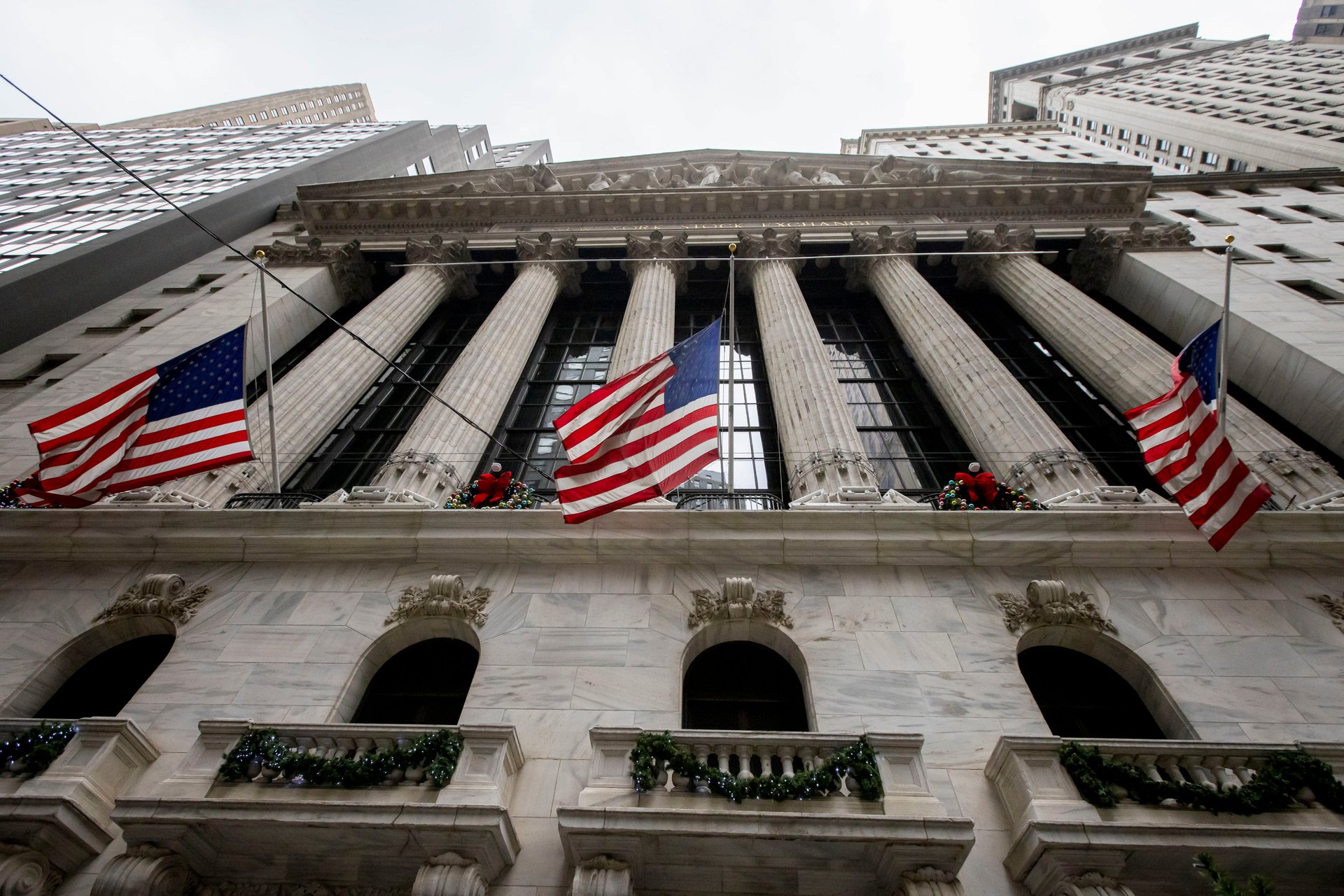Why diversification away from Magnificent 7 stocks matters more than ever, according to a strategist
Ann Miletti, Head of Equity at Allspring Global Investments, shares her outlook on tech and emerging markets

Ann Miletti, Head of Equity at Allspring Global Investments, spoke with Quartz for the latest installment of our “Smart Investing” video series.
Watch the interview above and check out the transcript below, which has been lightly edited for length and clarity.
ANDY MILLS: Stock market investors have enjoyed quite a run this year. Looking into your crystal ball, what do you see for 2025?
ANN MILETTI: I wish I would’ve bought the crystal ball with me today. Look, there’s a lot of positive things happening in the marketplace, but overall, when you look at the data, it’s been more positive than we would’ve expected coming into 2024. That has helped the market generally. I think the other thing that’s really helped the market is the significance of the large cap names and their ability to really drive revenue and earnings growth. The challenge for the broader market though has been that it’s been a very concentrated market. If you haven’t owned the Magnificent Seven or those large mega-cap technology names, your returns have been lower than that 30%. Still positive, but more challenged. And in the middle of the year we started to see a real shift in broadening out of the marketplace. Earnings really starting to accelerate in other places of the market, and we think the trend will continue in 2025, which is healthy. You’ll still see good growth coming from technology, but year over year growth will likely start to decelerate.
MILLS: Would you recommend caution to investors in 2025 who are looking to invest in tech?
MILETTI: I would recommend that investors really make sure they’re diversified. So if you look at the concentration, if you’re just invested in a passive ETF within the S&P 500, more than 30% of your holdings are in those seven names. So there’s a lot of concentration risk in passive indexes. I suggest to investors: diversify. Active management gives you that more diversification. Think more broadly about an equal weighted S&P 500 if you’re gonna stay passive. But again, I think active management can give you better potential as the market broadens out.
MILLS: You recommend taking a look at markets outside the US. Which ones do you recommend investors look at?
MILETTI: One of the places that investors really just have been under-allocated for a long period of time have been emerging markets. And it’s interesting to me because when I look at valuations, and if you go back 20 years, we’re at trough levels over that 20-year period on a relative basis to the S&P 500. So the MSCI emerging markets index in particular relative to the S&P 500, and it’s trading at less than 60% of what the S&P 500 is trading at. Because of those trough levels and because of the under-allocation, the room for positive surprise is essentially there. So I’m kind of calling it the dark horse for 2025, a place that people are ignoring that may really produce positive returns.

MILLS: Interesting. So we have a new administration coming in. Do you see Trump’s tariff plans affecting these emerging markets at all?
MILETTI: It certainly is that new administration that has created even more negative sentiment toward emerging markets. So I know it’s a pretty bold statement to say that emerging markets could outperform in 2025, but if you kind of take a snapshot back in history and you go back to 2016 where we know what this administration said back then, and then we know what they did in 2017, they did use tariffs as a tool or a stick, and they used it as a negotiating tool. They did cut some deals. They got to a place that was more strict than we were in the past. And tariffs did roll on, but not likely as bad as what sentiment was suggesting. So I think most investors forget that the best performing market in 2017 was actually emerging markets. And so a repeat of that in 2025, although it’s not a given, could potentially play out.
MILLS: One of the areas of interest to the United States is what’s going to happen with China. Are you recommending investors proceed with caution in investing in Chinese stocks and ETFs?
MILETTI: China is the biggest area within the emerging market sector. So it’s not something investors can ignore. I do think that’s the area where you could see some positive surprise, but also a good amount of risk. So it’s just weighing those risks and rewards within China. Their growth rate has decelerated, but we see the Chinese government also providing stimulus and that stimulus, if it works and the tariffs aren’t as bad, could start to accelerate the markets. India’s also a very important market. It has been positive. We know that the incoming administration has had a positive relationship with India in the past. That also could be a positive as well. But geopolitical risks are real and have also been a factor. So we’ll just have to kind of wait and see how that plays out.